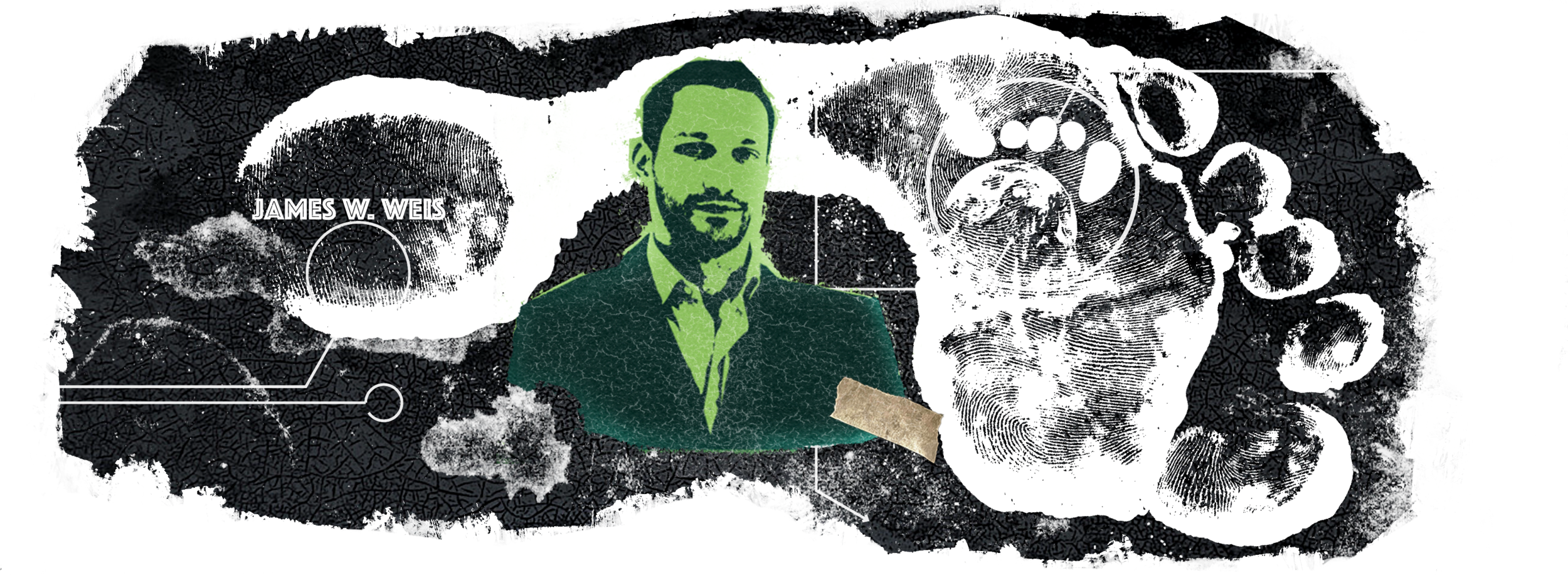Augmented Discovery
Categories

Science and technology advancements are critical to navigating our way to a healthier planet. Artificial intelligence could help us find the next big breakthrough faster than we could on our own. It's certainly an idea worth testing.
Science Lead: James Weis
The Projects
Browse the participating projects
Are climate change and air pollution triggering cardiovascular disease?
Ongoing global climate change and air pollution emissions pose a major threat to cardiovascular health...
More About This Challenge
The sciency details
Challenge Aims
The path from scientific discovery to breakthrough technology isn't always straight, and can sometimes take far too long. A team of MIT researchers have created a new way to detect breakthroughs using machine learning with a tool they call DELPHI (short for Dynamic Early-warning by Learning to Predict High Impact). The model draws off billions of calculated metrics in past research publications in order to identify and signal new research with high potential for future impact.
With initial seed funding from the Footprint Coalition, we're putting the DELPHI model into action to help accelerate technologies that could potentially aid us on our path to a healthier planet. Once we identify high-potential research, we will proactively reach out to researchers in related fields and incentivize them towards further investigation. We're putting a bounty on promising ideas to help accelerate technology development.
This is an experiment. We hope this inspires other funders and funding agencies to push the boundaries on new and potentially disruptive funding structures for scientific research.
Part of the Footprint Science Engine


 Challenge Grants
Challenge Grants